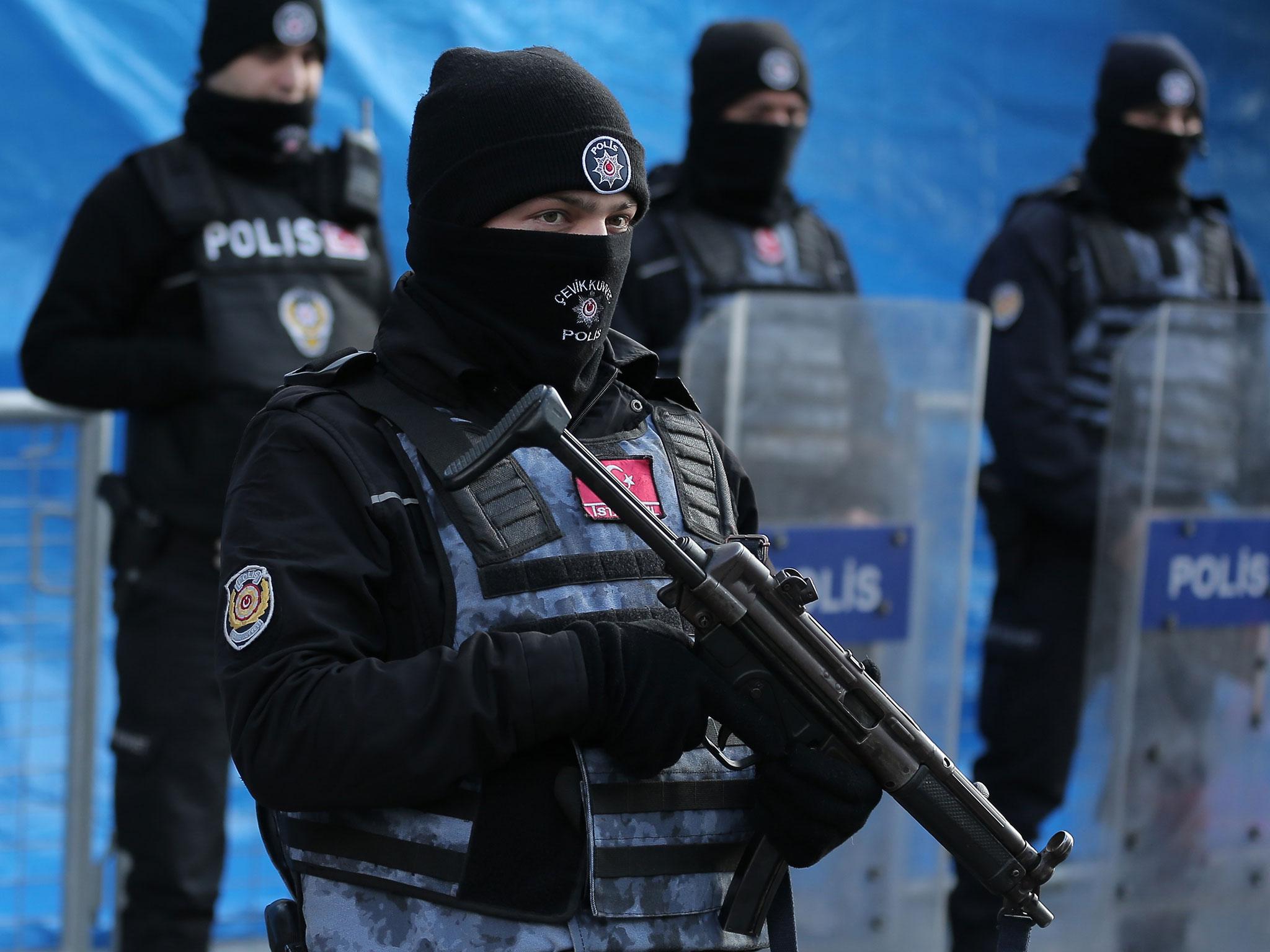The Isis attack on an Istanbul nightclub is the end of freedom of speech in Turkey
Criticism of Erdogan, whether tongue in cheek or otherwise, is increasingly portrayed as an attack on the Turkish state – and even on national security


Your support helps us to tell the story
From reproductive rights to climate change to Big Tech, The Independent is on the ground when the story is developing. Whether it's investigating the financials of Elon Musk's pro-Trump PAC or producing our latest documentary, 'The A Word', which shines a light on the American women fighting for reproductive rights, we know how important it is to parse out the facts from the messaging.
At such a critical moment in US history, we need reporters on the ground. Your donation allows us to keep sending journalists to speak to both sides of the story.
The Independent is trusted by Americans across the entire political spectrum. And unlike many other quality news outlets, we choose not to lock Americans out of our reporting and analysis with paywalls. We believe quality journalism should be available to everyone, paid for by those who can afford it.
Your support makes all the difference.Nationalism and authoritarianism don’t seem to mix very well with satire. Donald Trump, preparing vigorously to make America great again, gets very prickly about Alec Baldwin’s all too accurate impressions, while Vladimir Putin doesn’t seem like a guy who appreciates having the Mikhail taken out of him. Kukly, a Russian TV comedy series, was cancelled in 2002 after likening Putin to ETA Hoffmann’s fictional dwarf, Little Zaches. If it turns out that Nigel Farage’s entire political career has been a work of satirical art then kudos to him; but the jury’s still out on that one.
In Turkey, the authoritarian rule of Recep Erdogan has long regarded satire as a form of political rebellion. Even by last spring, months before the failed military coup, more than 1,800 prosecutions had been brought against individuals alleged to have insulted the President, including by lampooning him. In April, Erdogan demanded that legal action be taken by the German state against a comedian who had supposedly defamed Turkey’s leader in a satirical poem. Criticism of Erdogan – whether tongue in cheek or otherwise – is increasingly portrayed as an attack on the Turkish state, and even on national security.
July’s attempt by a faction within the army to unseat Erdogan from power only ended up making him more powerful, enabling him to justify a purge of the civil service and the armed forces. Critical voices in the media, already diminished by past crackdowns, have become even more muted, with newspapers and magazines closed or placed in the hands of state “trustees”.
The horrific New Year’s Eve attack on an Istanbul nightclub, claimed by Isis, is likely to stiffen public support for Erdogan, who has called on Turks to unite in the face of attempts by terrorists to destabilise the country. It will also make legitimate criticism of the President and his policies more difficult.
Governments in Western Europe have an interest in a stable Turkey and are therefore conflicted in their attitude to President Erdogan. They may not regard him as a democrat, but for as long as his Justice and Development Party (AKP) dominates Turkey’s parliament, a blind eye can be turned to his autocratic excesses – especially when he and his government are dealing with regular terror attacks from various groups. For the EU, Turkey provides at least a partial solution to the refugee crisis and remains a critical player in the Syrian civil war and the flammable Middle East more generally.
Yet the truth is, would-be autocrats don’t clamp down on domestic opposition – especially not of the satirical form – in order to keep the public safe from terrorists or to bolster social harmony. Rather, they use security concerns or patriotic feeling as an excuse for stifling political disapproval in order to boost their own authority. We have already seen this with Donald Trump, who indicated in November that he wanted to make it illegal for anybody to burn the American flag, casting his view as a patriotic defence of what it ought to mean to be a US citizen. But really it was an attack on freedom of expression and of political dissent, designed to marginalise both those who would carry out such an act – and, crucially, any who would defend in principle (if not in practice) their right to do so.
Turkey was once held up as the great exemplar of Islamic democracy, yet basic freedoms of speech and association have been slowly eroded under Erdogan, who now oversees something approaching a dictatorship. In the 1990s, Russia was seen as a crucial test for a major state making a peaceful, unforced transition to democracy. But most observers would surely agree that it failed the exam, with political opposition having ultimately been crushed by Putin and his cronies. The question in 2017 is what the nationalistic pigeons which set off last year around Europe and America – those bastions of liberal democracy – will do when they come home to roost, at the White House and perhaps elsewhere.
For a very long time, political strongmen have been ridiculed, associated with the silly walks and salutes of fascism and laughed at for their inability to take a joke. Now more than ever those who continue to value liberal traditions – tolerance, freedom and, perhaps more than anything, nuance – must continue to satirise those who would blunt dissent.